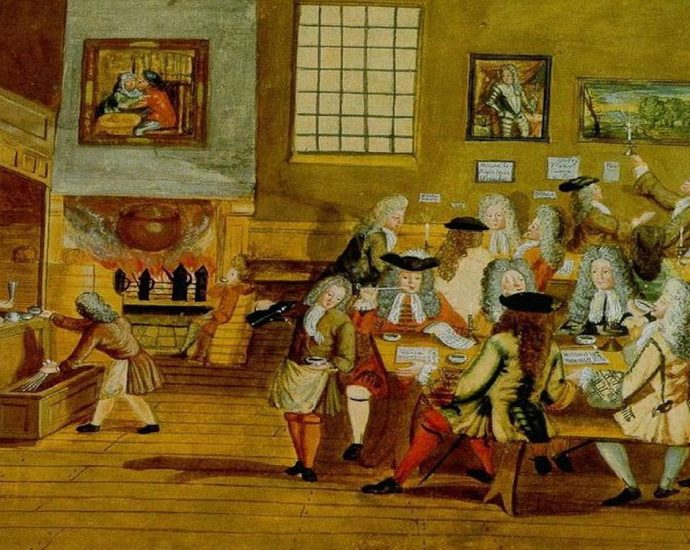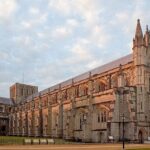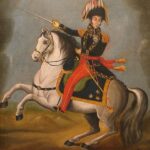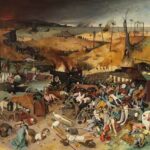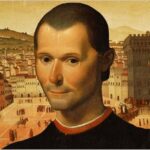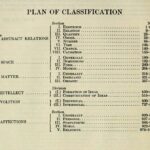Charles II attempted to ban public coffeehouses, which he viewed as hotbeds of “fake news” and seditious murmurings
England’s Charles II had ample reason to be wary of criticism. After all, his father, Charles I, was beheaded for high treason at the height of the English Civil War, and Oliver Cromwell, the Puritan soldier and statesman who played an important role in bringing about this execution, forced the young king into exile as he transformed the country into a de facto republic under the Interregnum. Once Charles II regained his throne, he was understandably fearful of attempts to undermine the monarchy, and in 1675, he took action against an unusual threat—coffee.
Coffeehouses served as popular meeting spots for 17th-century Brits. Prior to the introduction of coffee, most individuals subsisted on watered-down ale, leaving them “slightly—or very—drunk all of the time.” The newfound sobriety afforded by coffee sparked intellectual debate—and, in the king’s view, the exchange of potentially seditious opinions. Charles issued a proclamation suppressing coffeehouses and the falsities he believed were inculcated within them, but faced with widespread public dissent, he was forced to back down.

